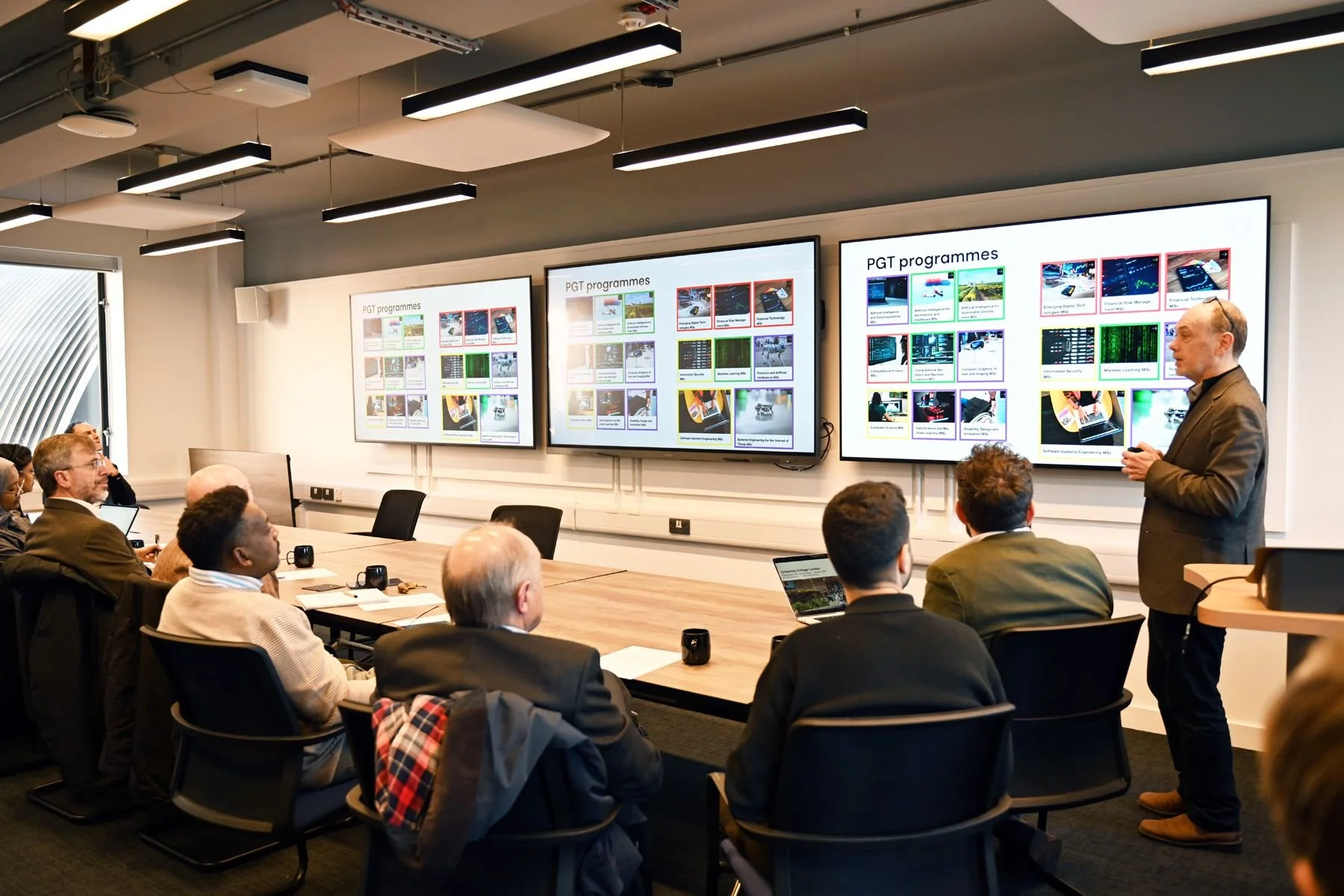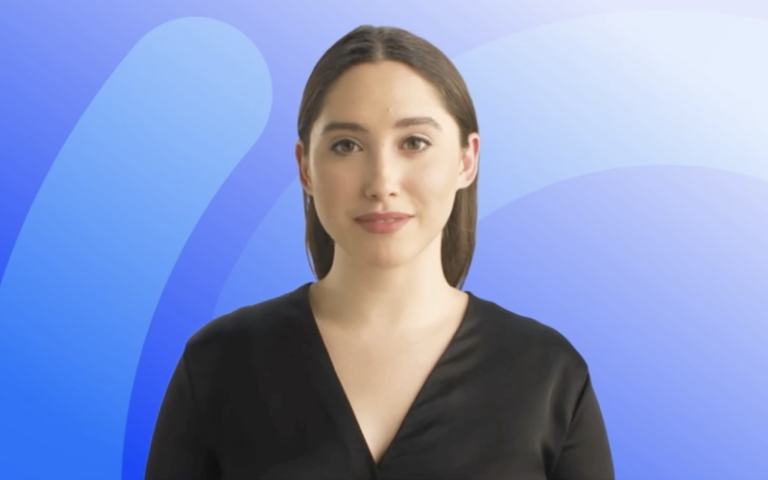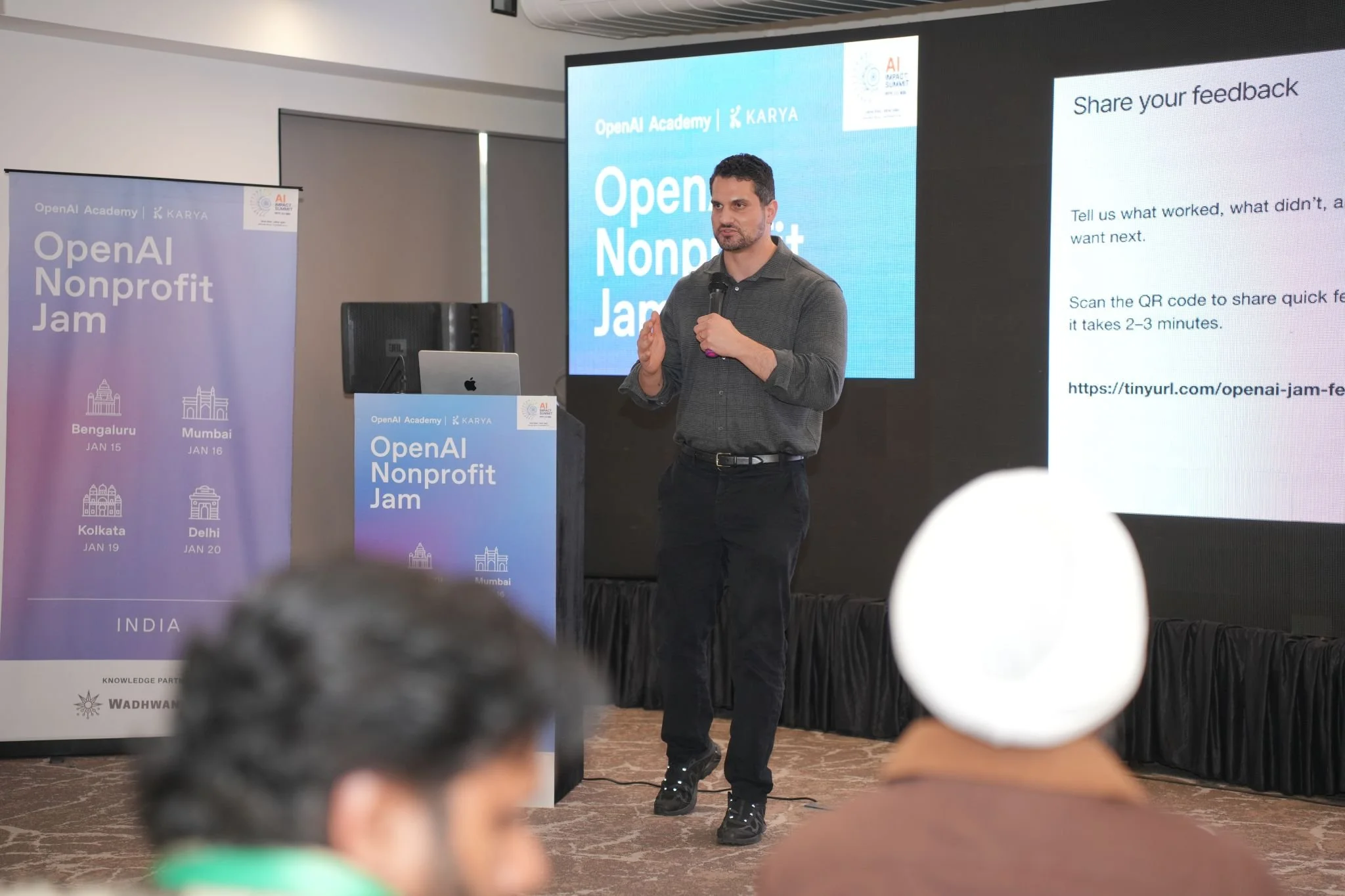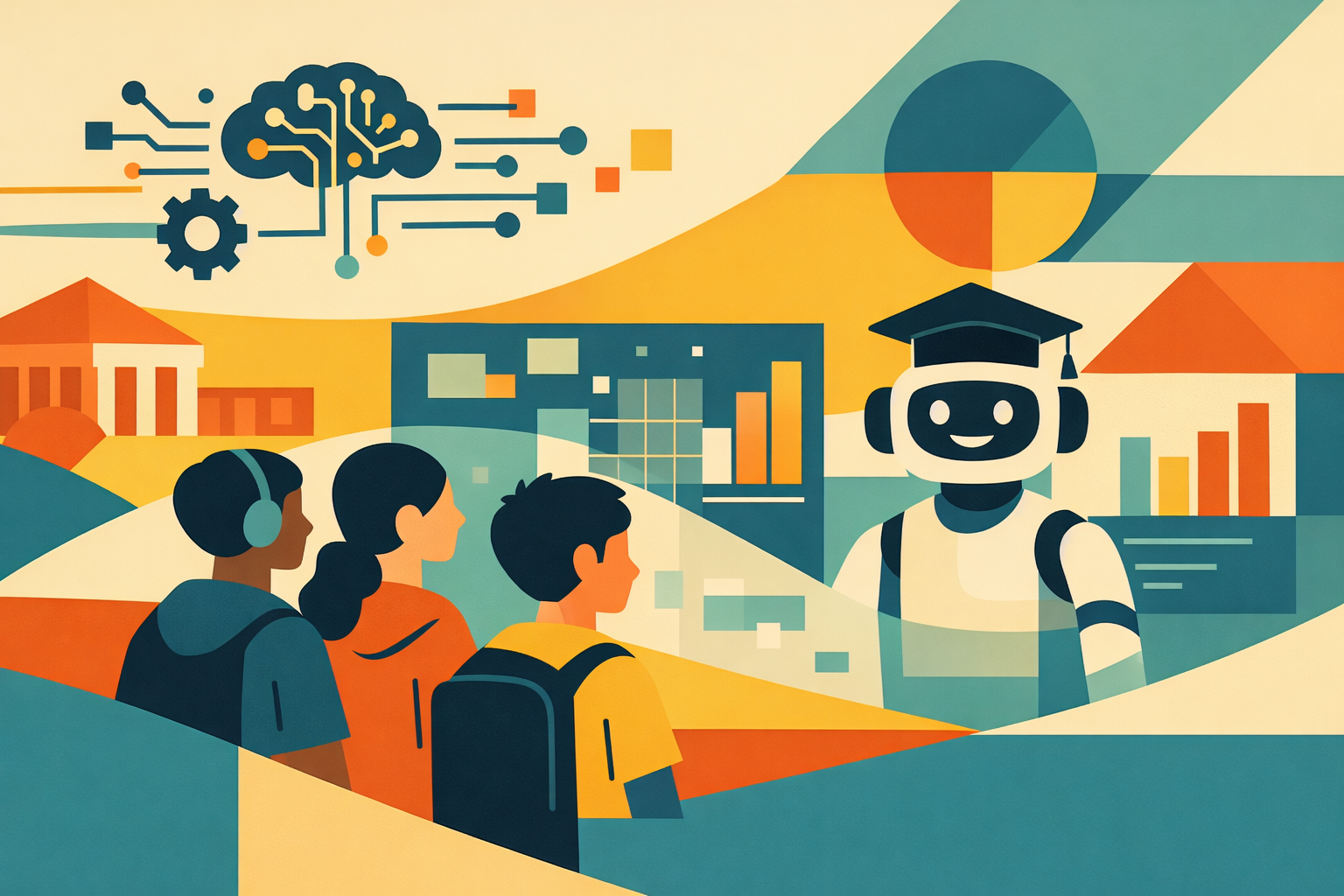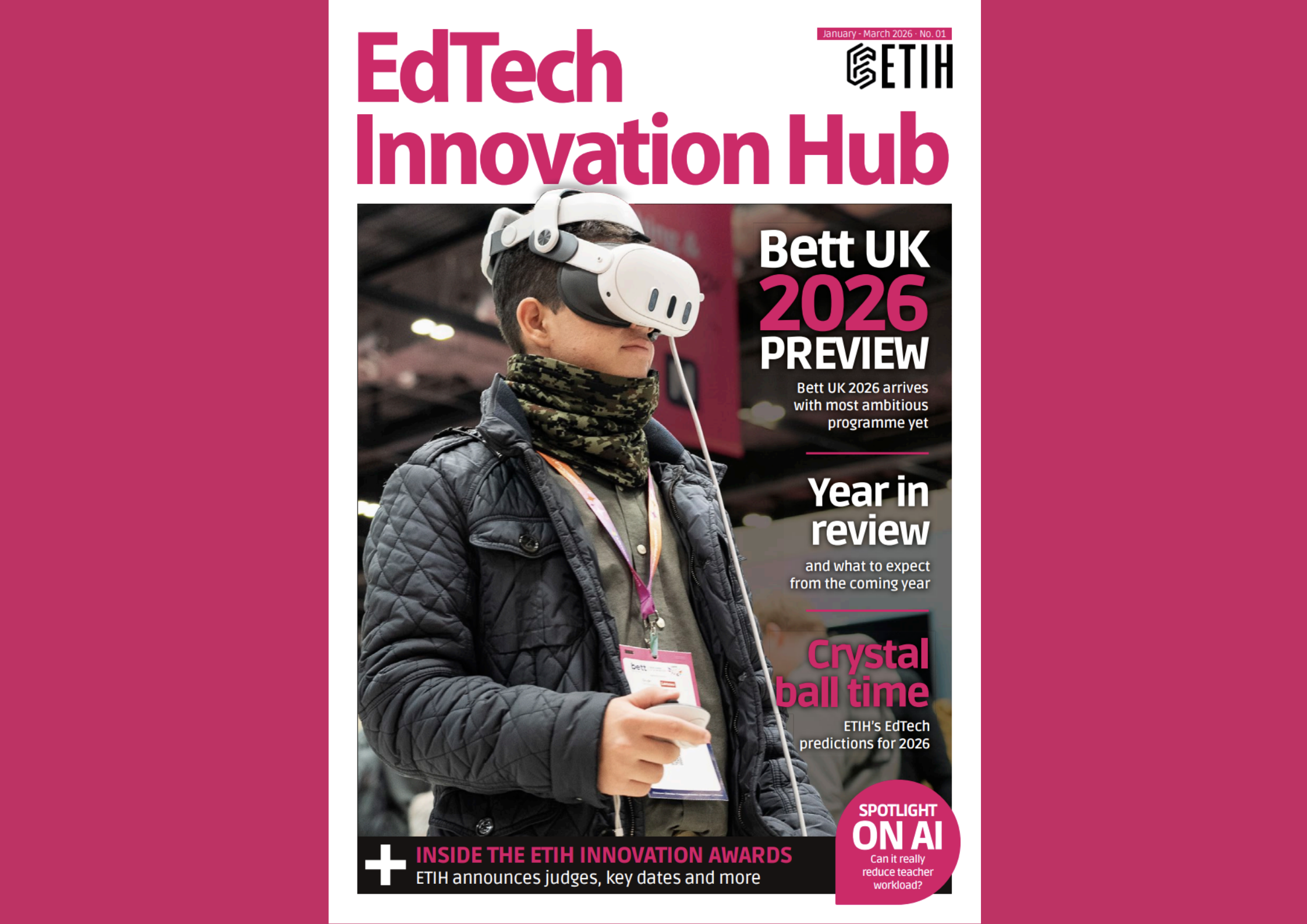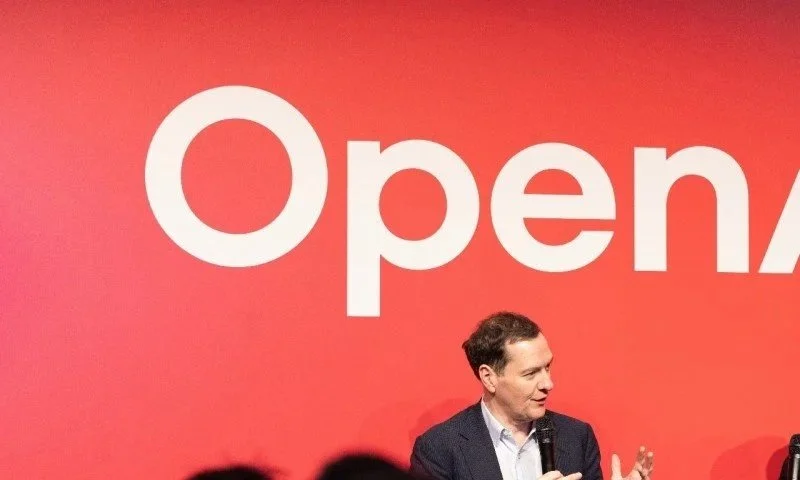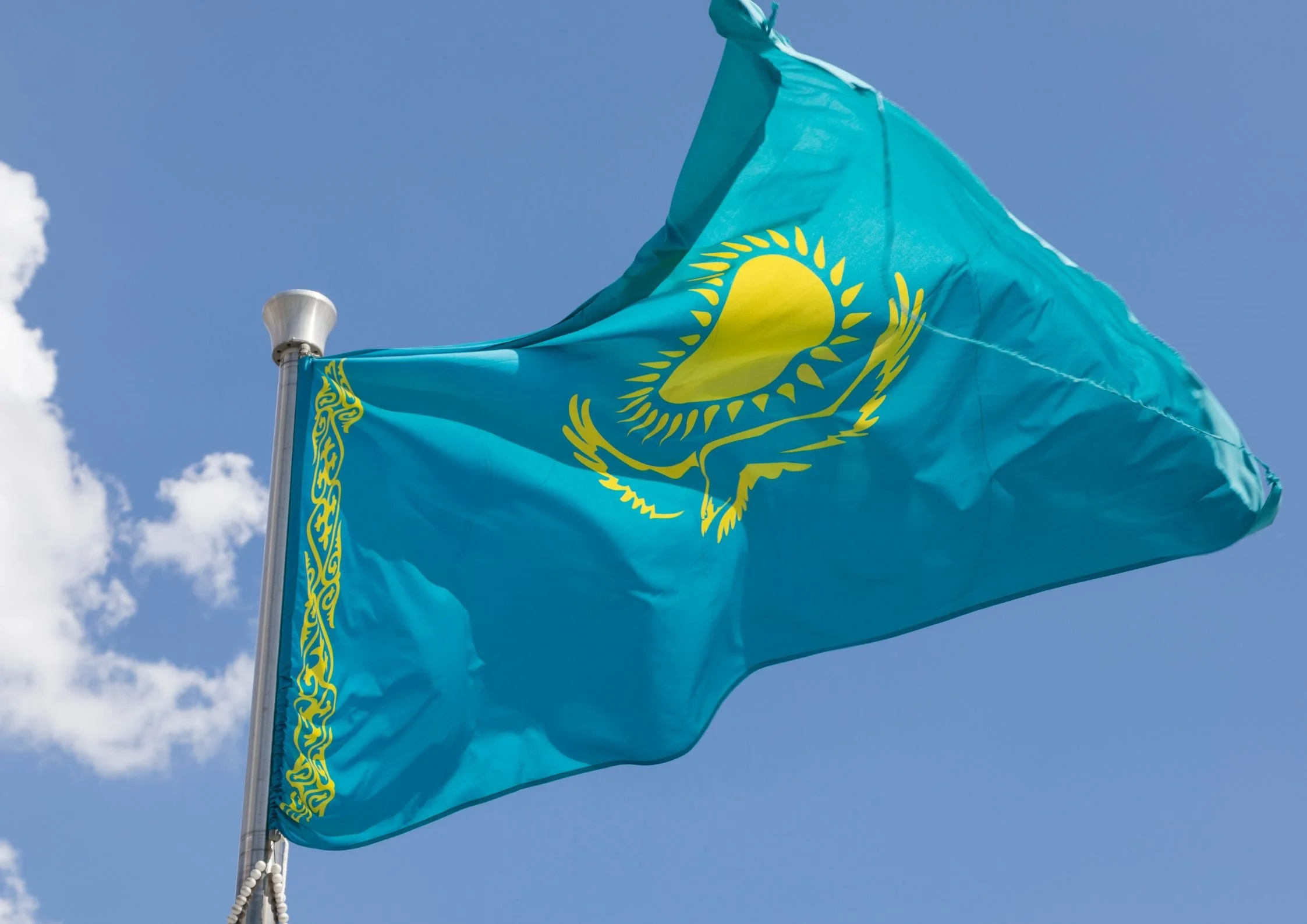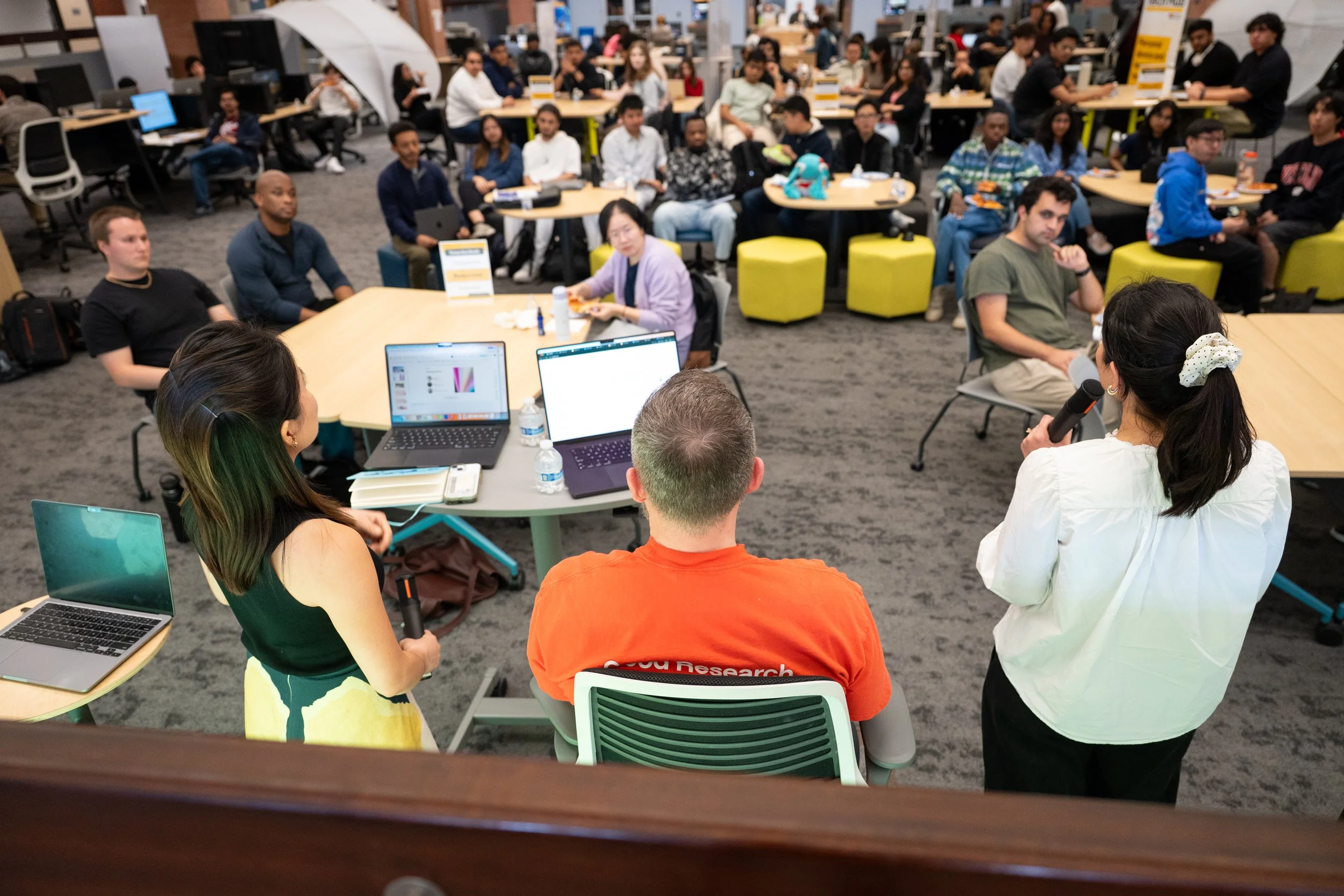aiEDU expands its AI Readiness Trailblazer program, with a focus on rural and indigenous communities
The AI Education Project (aiEDU) has expanded its aiEDU Trailblazer fellowship program, adding eight new cohorts including six rural-specific groups designed to build AI Readiness for America’s teachers.
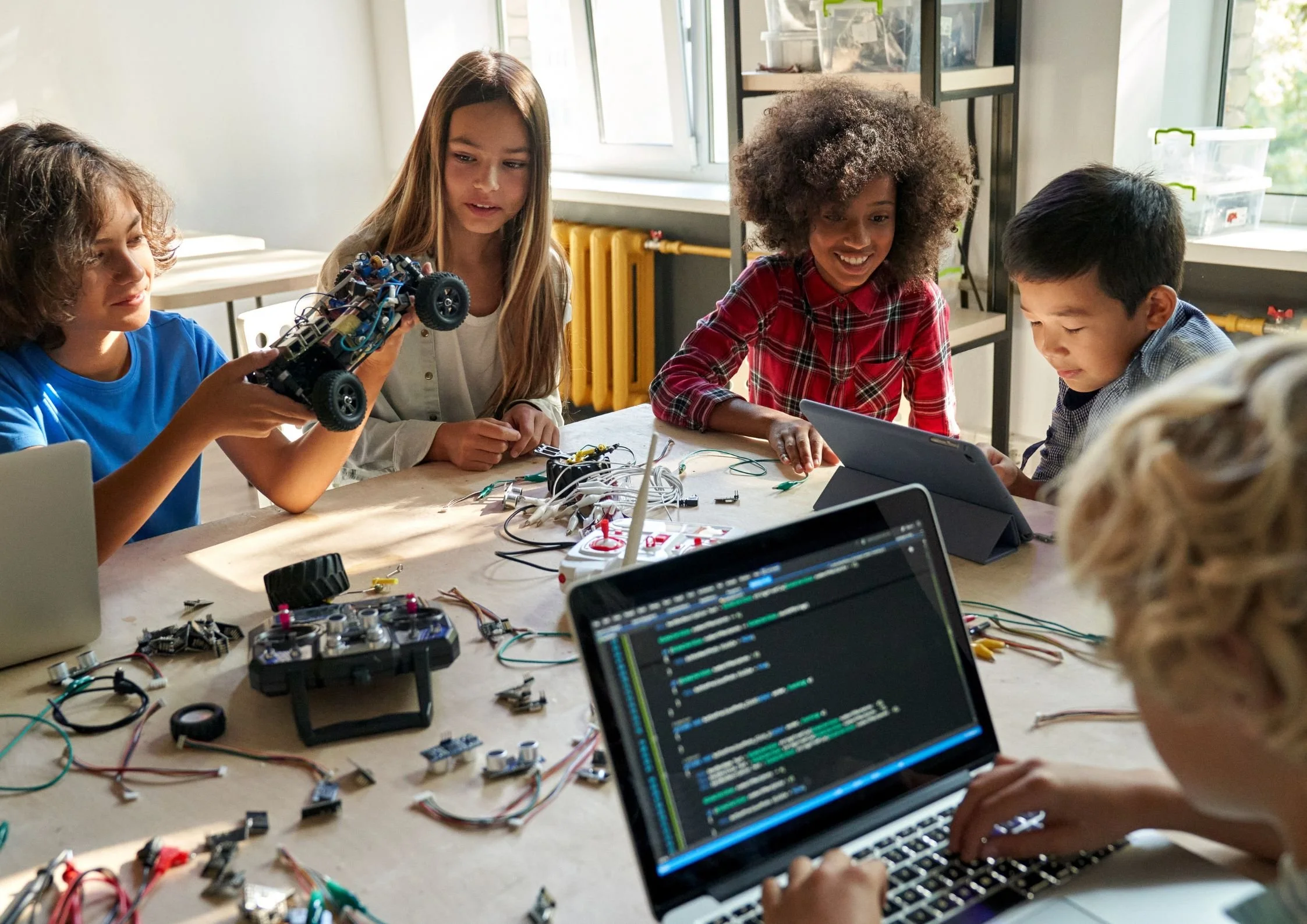
The expansion also includes a specific cohort in partnership with Indigitize for teachers in Native communities, aiming to connect Indigenous knowledge systems and community values with AI Readiness and AI literacy.
All aiEDU Trailblazers will receive a $875 grant as well as hands-on support from aiEDU’s team. The program includes five virtual sessions over ten weeks and is open to educators teaching in K–12 classrooms across the United States. Participants select from national and rural-focused tracks.
“Teachers know what we all know, which is that AI is already reshaping our world. And they want to be prepared and help students navigate these changes,” says Alex Kotran, CEO and co-founder of aiEDU.
“Our Trailblazer program is unique because it brings educators together to share that work together, equips them with professional development and resources that can help them navigate change and think critically about how they can help students. This is really what building AI readiness looks like in action.”
“The conversation around AI in the classroom isn’t slowing down, if anything it’s speeding up,” Khushali Narechania, aiEDU’s Director of Learning, adds. “Teachers want support and they want to help their students, too. Leading cohorts over the past two years, we’ve heard incredible stories about teachers exploring the real world impacts of AI in education and then bringing those lessons directly into their schools.”
Connor Mulvaney, a Montana educator and aiEDU Trailblazer alum who will lead the rural cohorts, adds:“I found a community of educators asking many of the same questions I had — what role AI should have in our classrooms, how it affects teaching and most importantly what it means for our students’ future,” he said. “We need more conversations like that and I’m excited to lead this expanded program.”

